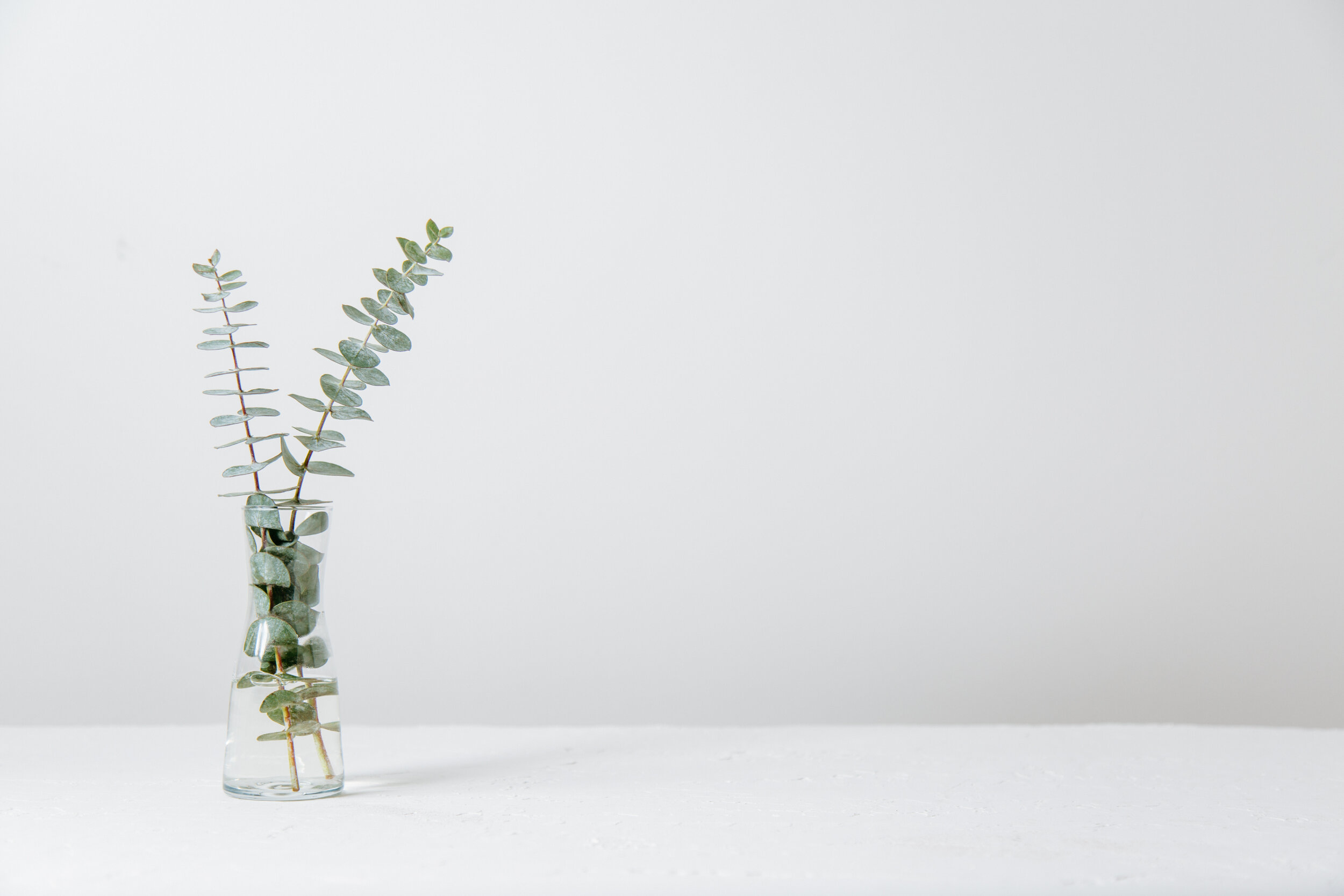How Acupuncture Can Help to Balance Your Hormones: A Natural Approach to Wellness
/Hormones play a vital role in almost every function of the body, from mood regulation and metabolism to reproductive health and sleep patterns. When hormones are out of balance, it can lead to a variety of health issues, including fatigue, irregular cycles, weight gain, and stress. Acupuncture, an ancient practice rooted in Traditional Chinese Medicine (TCM), offers a natural and holistic approach to restoring hormonal balance and supporting overall well-being.
Understanding Hormonal Imbalances
Hormonal imbalances occur when there is too much or too little of a particular hormone in the body. Common causes include stress, poor diet, lack of exercise, medical conditions, and environmental factors. These imbalances can manifest as menstrual irregularities, mood swings, fertility challenges, thyroid disorders, and even digestive issues.
How Acupuncture Supports Hormonal Balance
Acupuncture works by stimulating specific points on the body to regulate energy flow, or Qi (pronounced "chee"). By enhancing circulation, reducing stress, and supporting organ function, acupuncture can help restore hormonal harmony in several key ways.
1. Regulating the Endocrine System
The endocrine system is responsible for hormone production and regulation. Acupuncture stimulates the hypothalamus-pituitary-adrenal (HPA) axis, which helps modulate the production of hormones such as cortisol, estrogen, progesterone, and thyroid hormones. By influencing these pathways, acupuncture can help bring hormones into balance naturally.
2. Reducing Stress and Cortisol Levels
Chronic stress is one of the leading causes of hormonal imbalances. High cortisol levels disrupt the production of reproductive hormones and thyroid function. Acupuncture is well known for its calming effects, reducing stress hormones and promoting relaxation. This, in turn, helps regulate other hormones that may be out of balance.
3. Supporting Menstrual Health and Fertility
For individuals dealing with irregular periods, PMS, polycystic ovary syndrome (PCOS), or fertility challenges, acupuncture can be a game-changer. By improving blood flow to the reproductive organs, regulating ovulation, and balancing estrogen and progesterone levels, acupuncture helps create a healthier reproductive system.
4. Enhancing Thyroid Function
The thyroid plays a crucial role in metabolism, energy levels, and hormonal balance. Acupuncture can support thyroid health by stimulating the nervous system and improving circulation, which may help those dealing with conditions like hypothyroidism or hyperthyroidism.
5. Balancing Blood Sugar and Insulin Levels
Hormones like insulin play a key role in metabolic health. Acupuncture can help regulate blood sugar levels and improve insulin sensitivity, making it a beneficial therapy for those dealing with conditions like diabetes, insulin resistance, or weight fluctuations.
When to Consider Acupuncture for Hormonal Balance
If you experience symptoms such as fatigue, mood swings, irregular cycles, unexplained weight gain, or difficulty sleeping, acupuncture may be a valuable tool in your wellness routine. Many people see improvements after just a few sessions, but long-term benefits often require ongoing treatment.
What to Expect in an Acupuncture Session
During a session, a licensed acupuncturist will assess your symptoms and develop a personalized treatment plan. Fine needles are gently inserted into specific points on the body to stimulate energy flow and support hormone regulation. Many people find the experience relaxing, and some even fall asleep during treatment.
The Bottom Line
Acupuncture is a natural, non-invasive way to support hormonal balance, reduce stress, and promote overall health. Whether you're dealing with menstrual irregularities, fertility challenges, thyroid disorders, or other hormonal imbalances, acupuncture offers a holistic path to healing.
If you're ready to explore acupuncture for hormonal balance, we’re here to help. Contact us to learn more about how we can support your journey to optimal wellness!



















